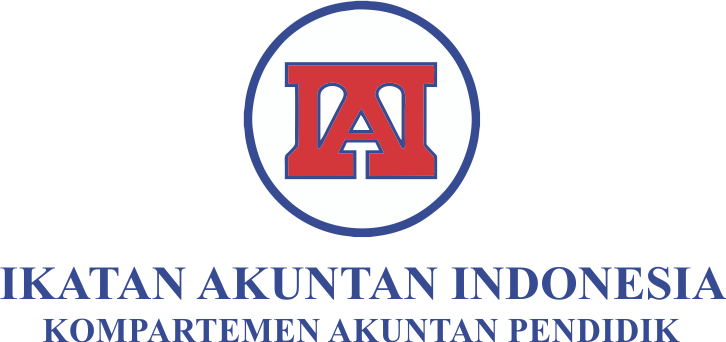IPO Long-Term Performance: Evidence from Indonesia Stock Exchange 2019-2020
DOI:
https://doi.org/10.34209/equ.v27i2.9382Abstract
Initial Public Offering (IPO) is one of the most anticipated events in in the Indonesia Stock Exchange (IDX). The number of companies going public has increased significantly in the last few years. However, some newly listed stocks do not perform well after they are listed. This paper will examine whether information stated in the prospectus documents have a significant influence on the long run IPO stock price between 2019-2020. The information includes financial ratios, intention of proceeds, dividend policy, and underwriter reputation. This study uses an event study approach, in which 106 IPO events, to analyse stock performance three years after the IPO. The dependent variable is buy and hold abnormal return (BHAR). The result shows that DER ratio and intention use of proceeds for debt repayment are significant to influence BHAR with a negative relationship. Moreover, the underwriter reputation and underpricing level are insignificant to affect BHAR. The study concluded that long term performance of newly listed firm is influenced by the leverage level.
Keywords: Initial Public Offering (IPO), Stock Performance, Indonesia Stock Exchange (IDX)
Downloads
Published
Issue
Section
License

This work is licensed under a Creative Commons Attribution 4.0 International License.
Syarat yang harus dipenuhi oleh Penulis sebagai berikut:Penulis menyimpan hak cipta dan memberikan jurnal hak penerbitan pertama naskah secara simultan dengan lisensi di bawah Creative Commons Attribution License yang mengizinkan orang lain untuk berbagi pekerjaan dengan sebuah pernyataan kepenulisan pekerjaan dan penerbitan awal di jurnal ini.
Penulis bisa memasukkan ke dalam penyusunan kontraktual tambahan terpisah untuk distribusi non ekslusif versi kaya terbitan jurnal (contoh: mempostingnya ke repositori institusional atau menerbitkannya dalam sebuah buku), dengan pengakuan penerbitan awalnya di jurnal ini.
Penulis diizinkan dan didorong untuk memposting karya mereka online (contoh: di repositori institusional atau di website mereka) sebelum dan selama proses penyerahan, karena dapat mengarahkan ke pertukaran produktif, seperti halnya sitiran yang lebih awal dan lebih hebat dari karya yang diterbitkan. (Lihat Efek Akses Terbuka).








